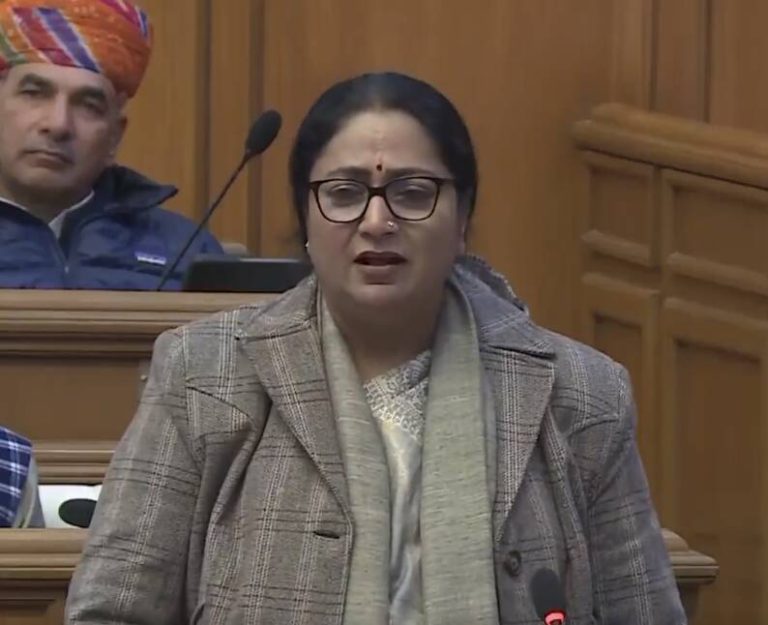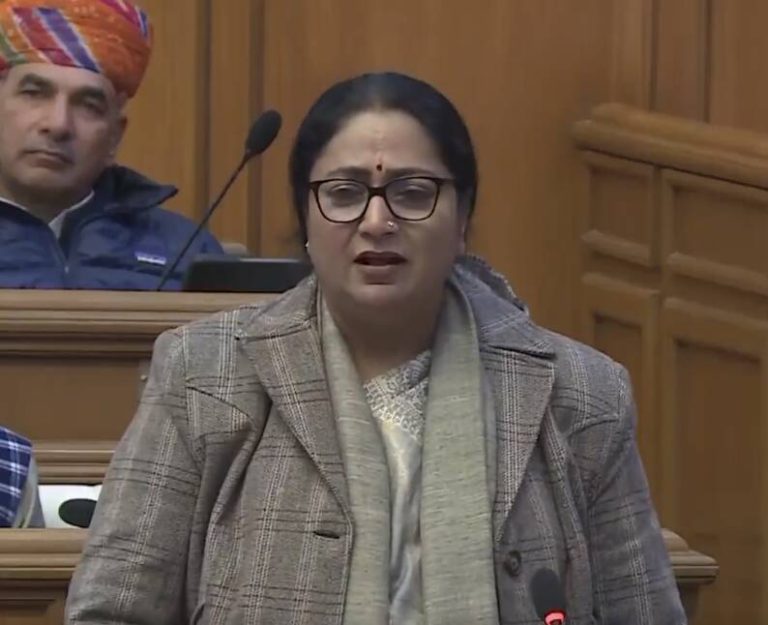
Neurologist counters Deepinder Goyal’s gravity-ageing claim, calls it oversimplification
Recently, a claim made by Deepinder Goyal, the founder of Zomato, has been making waves on social media. Goyal stated that gravity plays a significant role in shortening our lifespan, sparking a heated debate among experts and netizens alike. However, neurologist Vinit Suri has countered Goyal’s claim, calling it an oversimplification of a complex system. In this blog post, we will delve into the details of the claim, the response from experts, and what it means for our understanding of ageing and health.
Goyal’s claim, which was widely shared on social media, suggested that gravity has a profound impact on our bodies, particularly our brains. He stated that the constant downward pull of gravity affects the blood flow to the brain, leading to a reduction in cognitive function and ultimately, a shorter lifespan. While the idea may seem intriguing, experts in the field of neurology and health have been quick to dismiss it as an oversimplification.
According to neurologist Vinit Suri, “I can say that this idea oversimplifies a very complex system.” Suri’s response highlights the complexity of the human body and the various factors that contribute to ageing. He emphasized that there is no evidence to suggest that reducing gravity would slow down the ageing process. Instead, Suri stressed the importance of caring for our bodies and minds to promote healthy ageing.
Suri’s statement is supported by the fact that the human body has a remarkable ability to adapt to its environment. The brain, in particular, has a self-regulatory mechanism that ensures blood flow is maintained, regardless of the gravitational forces acting upon it. This means that the brain can adjust its blood flow to compensate for changes in gravity, making Goyal’s claim somewhat redundant.
Another expert who has weighed in on the debate is FITTR CEO Jitendra Chouksey. Chouksey called Goyal’s claim “pseudoscience…dressed up as innovation.” Chouksey’s response highlights the dangers of spreading misinformation, particularly when it comes to health and wellbeing. By presenting unsubstantiated claims as fact, individuals can create unnecessary anxiety and confusion among the general public.
So, what does it mean for our understanding of ageing and health? The answer lies in the complexities of the human body and the various factors that contribute to ageing. While gravity may have some effects on our bodies, it is not the primary driver of ageing. Instead, factors such as lifestyle, diet, exercise, and genetics play a much more significant role in determining our health and wellbeing.
To promote healthy ageing, it is essential to focus on evidence-based practices, such as regular exercise, a balanced diet, and adequate sleep. These habits can help maintain cognitive function, reduce the risk of chronic diseases, and promote overall health and wellbeing. Additionally, staying mentally active, engaging in social activities, and managing stress can also contribute to a healthier and happier life.
In conclusion, while Deepinder Goyal’s claim about gravity and ageing may have sparked an interesting debate, it is essential to approach such claims with a critical and nuanced perspective. By listening to experts in the field and focusing on evidence-based practices, we can promote healthy ageing and wellbeing. As neurologist Vinit Suri emphasized, “Healthy ageing depends on how well we care for our bodies and minds.” By prioritizing our health and wellbeing, we can live longer, healthier, and happier lives.





